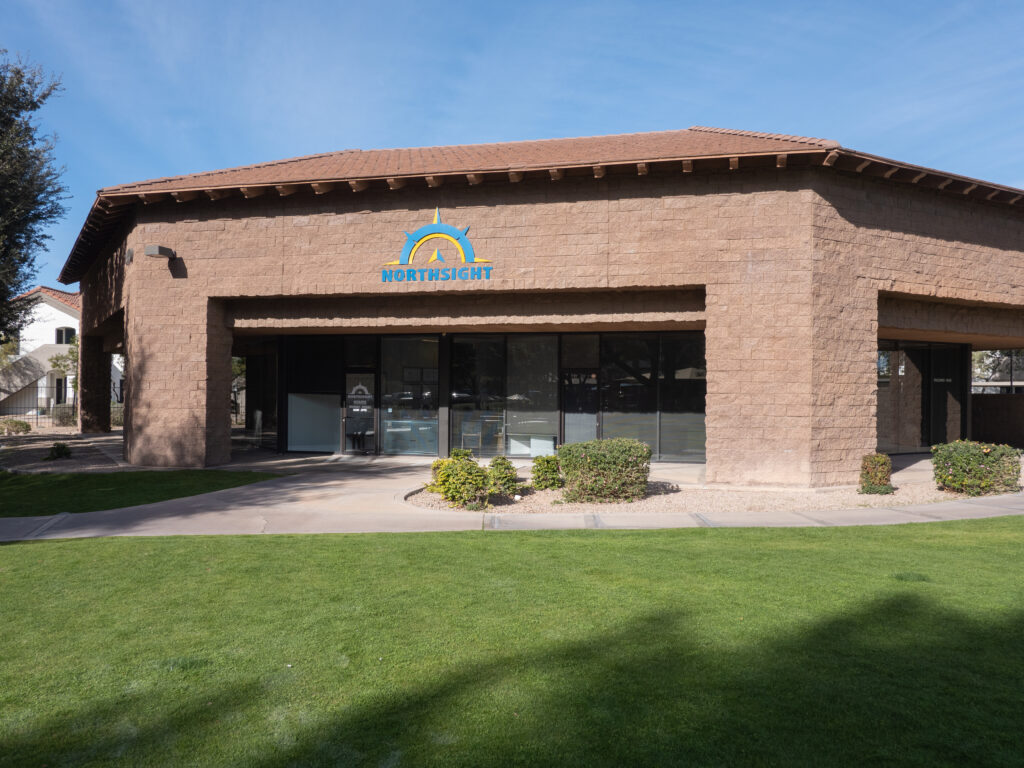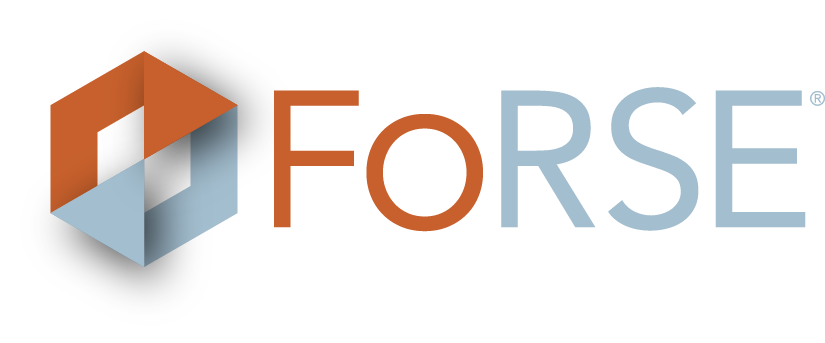The Centers for Disease Control and Prevention (CDC) has announced that it is softening its guidelines for US doctors prescribing oxycodone and other opioid painkillers. Despite the grim statistics surrounding America’s opioid addiction problem, some believe that the new guidelines, which place more decision-making power in the hands of physicians, are a step forward, providing that healthcare providers are given access to the necessary data, tools, and technology to monitor patient data, assess addiction risks and develop effective treatment plans. With the opioid crisis continuing to escalate, and data showing that behavioral health practices are years behind other healthcare fields in terms of technological investment, it is clear that new strategies must be implemented if SUD providers are to combat the epidemic effectively.
One approach is to use an advanced data approach that connects and cleans data from multiple sources and uses advanced data science algorithms to correct systematic errors in SUD and mental health data. Artificial intelligence (AI) and machine learning can then detect meaningful patterns and insights, with prescriptive analytics delivering refined insight into risk and the best care protocol even with incomplete or dirty data. Predictive modeling can identify patterns that demonstrate people at risk of developing substance abuse or opioid relapse, with the infrastructure for predictive capabilities already in place.
Implementations such as the social vulnerability index (SVI) can enrich patient-level information, and care coordination and innovative models and tools such as Accountable Care Organizations (ACOs) and Health Information Exchanges (HIEs) are imperative to driving the best patient outcomes and ensuring visibility across the patient care experience. By leveraging data science, predictive algorithms, and other technology-first implementations and tools such as SVI, ACOs, and HIEs, SUD providers can create more opioid challenge-worthy treatments from the start. It is clear that dynamic and actionable data-driven modeling and the technical foundations to support it are necessary course corrections that can provide substantial progress in the fight against opioid addiction.
Check out the full article in HIT Consultant featuring Jeremy Bloom, CEO, NorthSight Recovery here.
(5 minute read)



